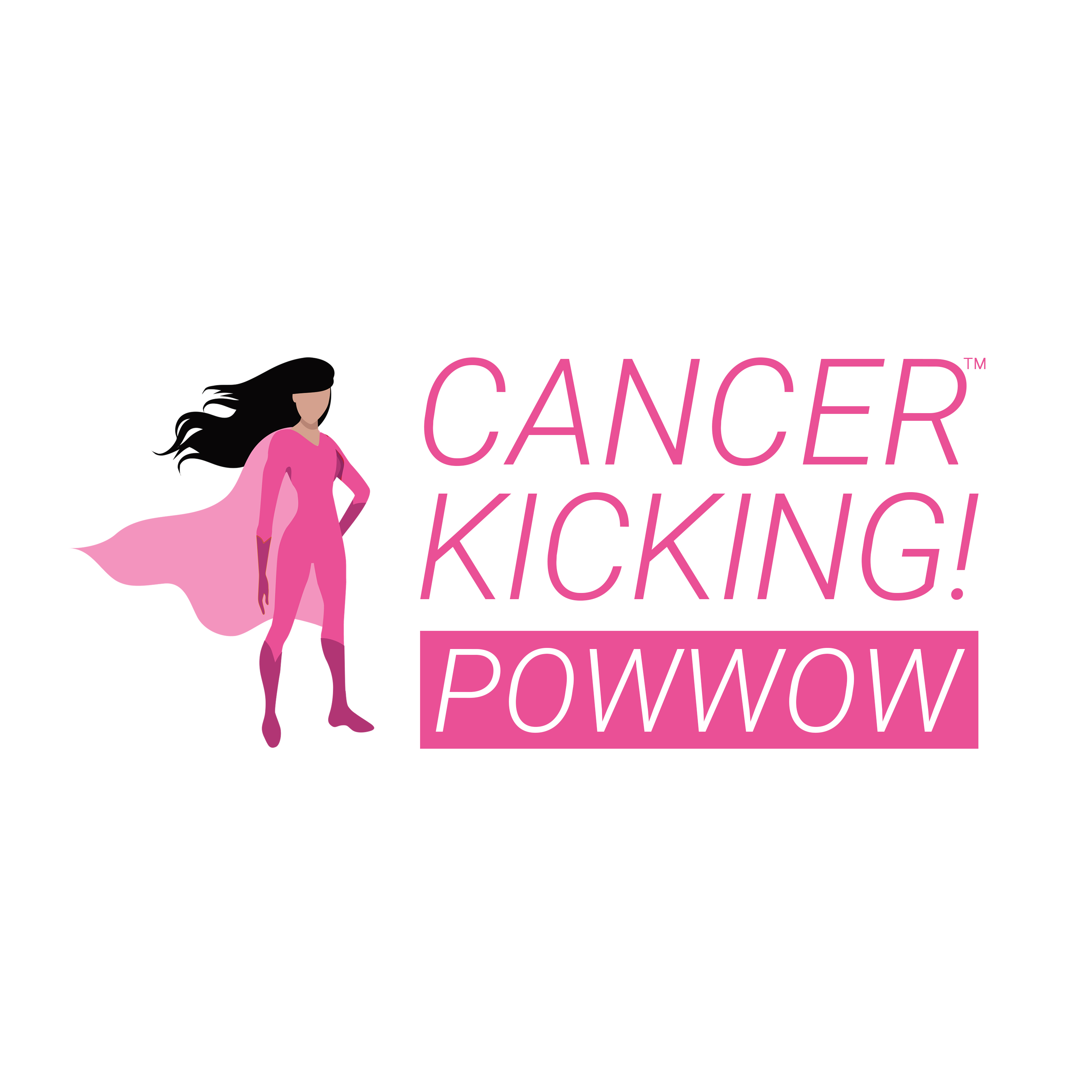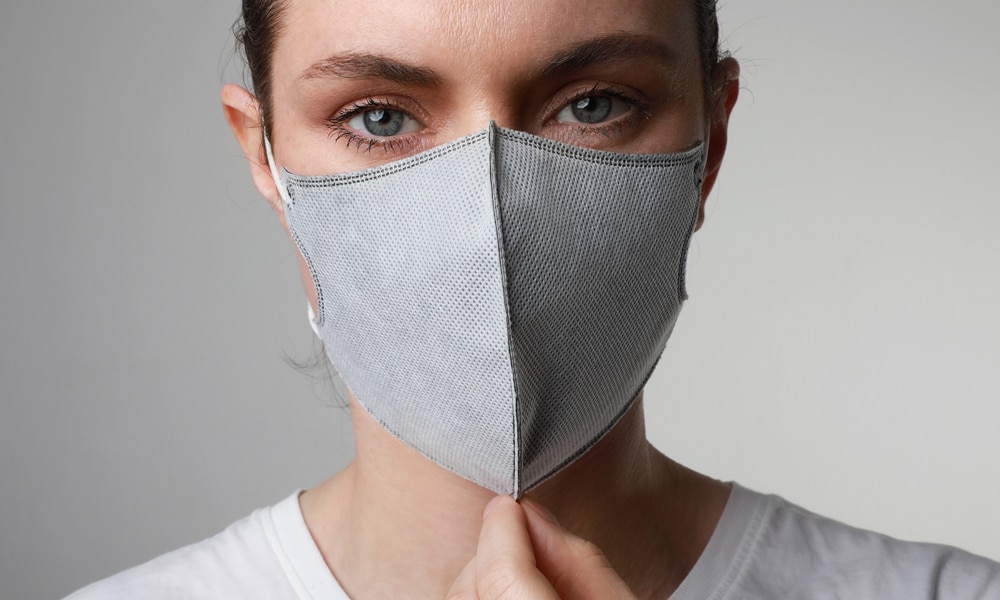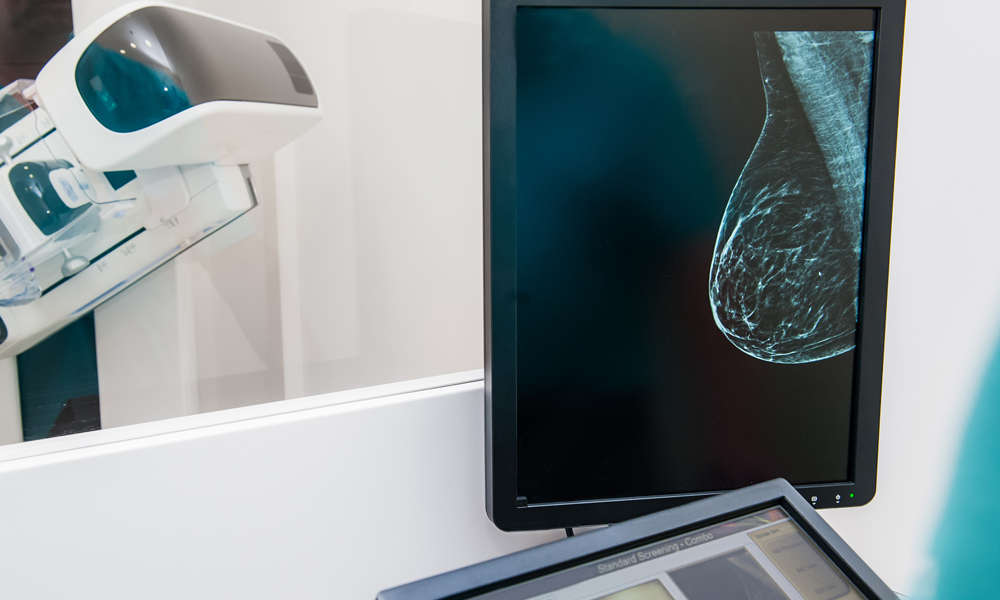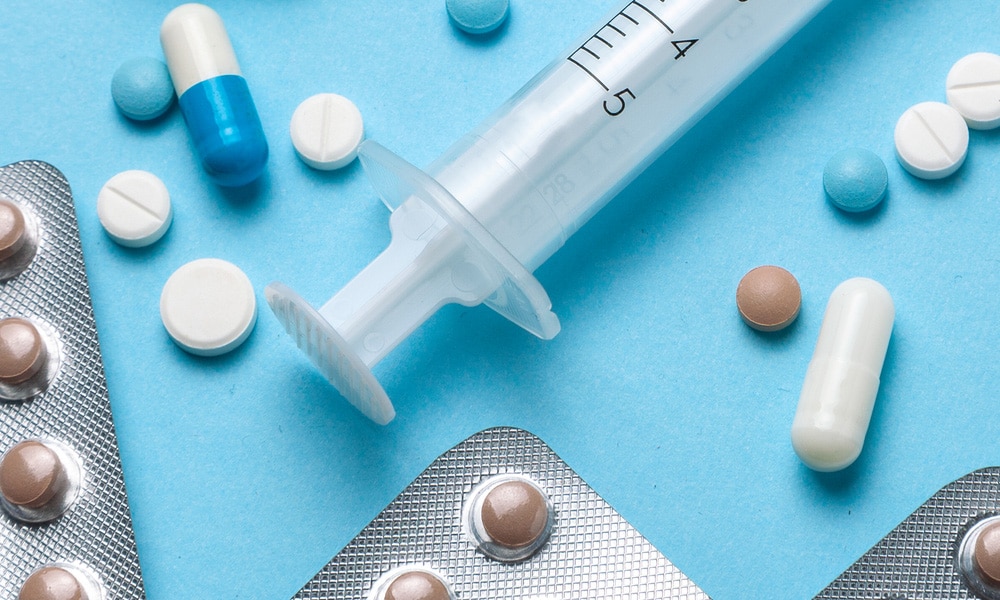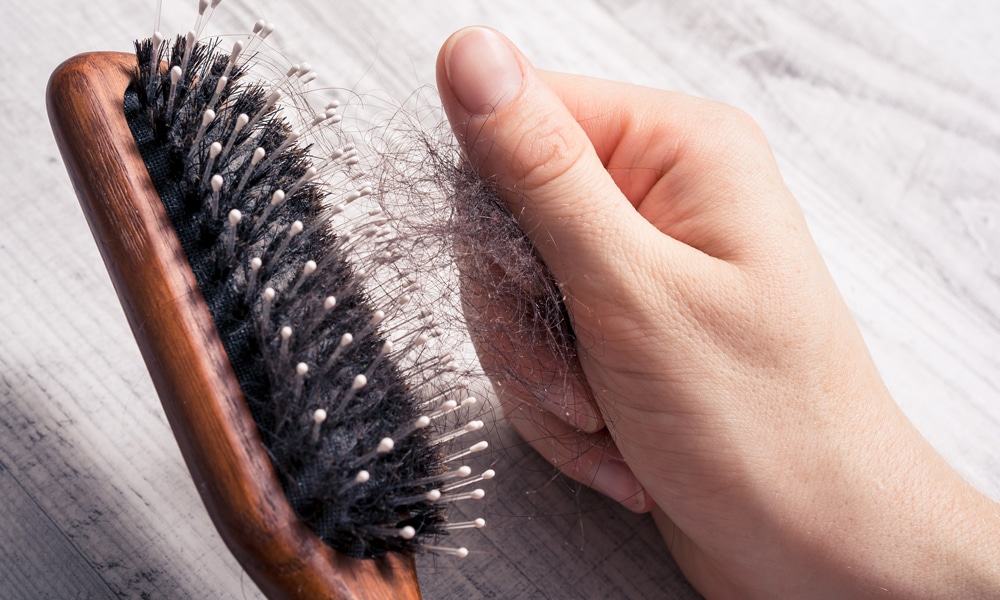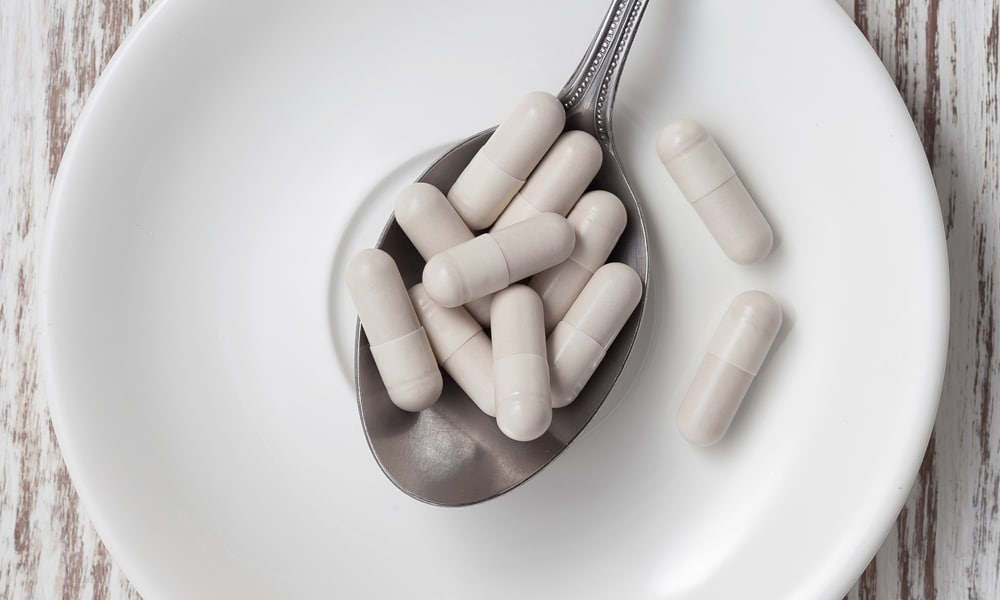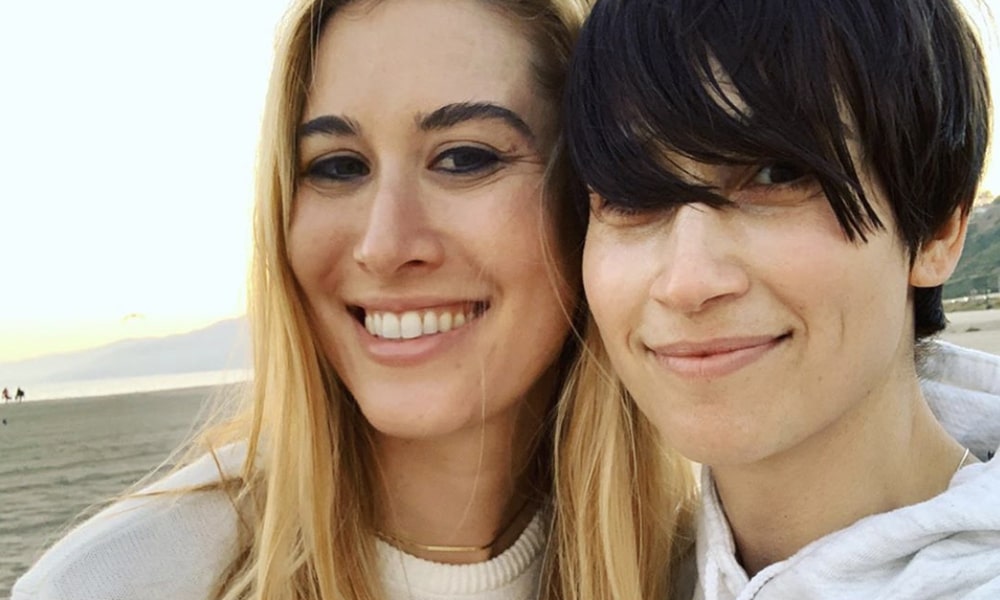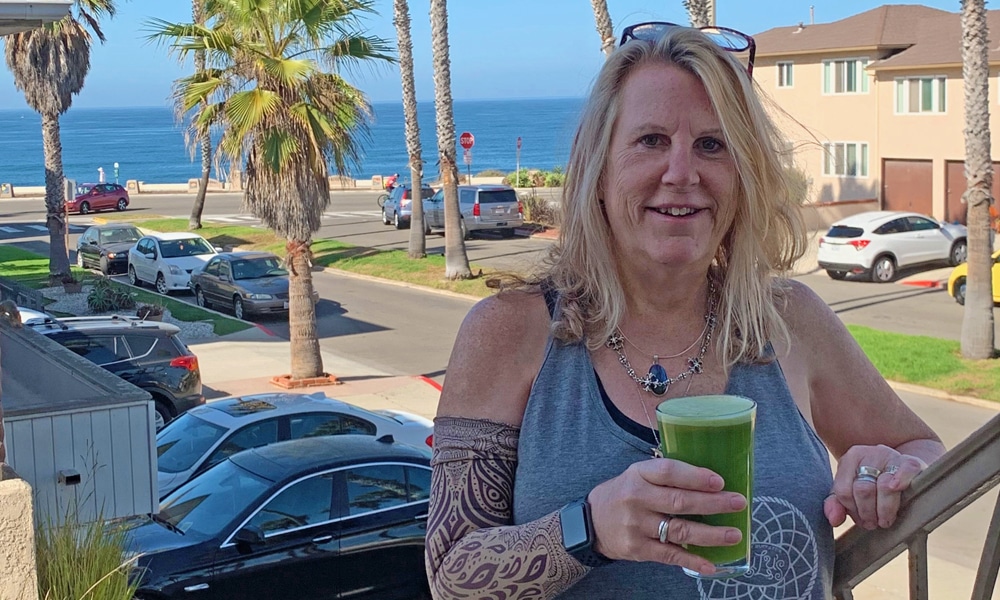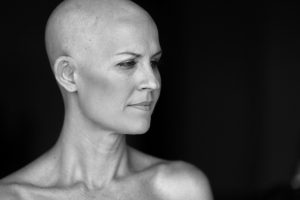Breast cancer is the most common form of cancer that affects women in the U.S. (other than skin cancers), but many women do not know why or how to perform a self breast exam (or breast self exam / BSE as some physicians call it). May women do not believe that breast exams are important until you are older and your risk of breast cancer is at an elevated level – but is that true? In this article, we answer these and other questions, and also provide a detailed instructional video by breast cancer surgeon, bestselling author, and women’s health advocate, Dr. Kristi Funk.
Are you Too Young for Breast Exams or Breast Cancer?
You may assume, as many women do, that you are too young to get breast cancer, but depending on the circumstances and your genetic predisposition to the disease, you can develop breast cancer in your twenties or sometimes even younger. If you are diagnosed at a younger age, it is more likely that you have a gene mutation like BRCA that increases your risk of breast and ovarian cancer.
But what is the real benefit of starting breast exams at an early age? It’s knowing what to expect! Women who start their self breast exams in their 30’s or 40’s will be unfamiliar with what their breasts actually feel like. Some lumps, bumps and inconsistencies are completely normal, so knowing them early on is important or you may end up with a trip to the doctor, all worried about a lump you just felt – not knowing it’s been there since your teenage years.
Starting your regular self breast exams early gives you a baseline “lay of the land” that will come in handy if an unwanted lump ever appears in your breast. So, arm yourself with this simple knowledge early!
Over 11 hours of video content are now available to stream from any device. If you cannot attend our annual Summit at Terranea Resort, sign up for the Virtual Summit instead and get the same information from the in-person Summit in the convenience of your own home.
Why are Self Breast Exams Important?
A self breast exam is a non-intrusive way to find breast cancer in its early stages when it is much more easily treatable. They do not involve radiation or a trip to the doctor – and they are completely free – so there really is no excuse to not perform them.
How often do you perform a SBE?
It is advisable that you perform your self breast exam at the same time every month, ideally about 7 days after you start your menstrual cycle, as that is when your breasts are not swollen. Choosing the same time of the month will help you to become aware of the normal look and feel of your breasts at that time, and this enables you to notice any new changes that you may find. If you do notice a change in your breasts, don’t panic, as there can be many reasons why a lump may appear – and it does not mean that you have cancer.
How to Examine your Breasts
If you notice any unusual changes in your breasts after performing your exam, you should seek medical advice. Keeping a journal is also a good idea so you can easily see any changes from month to month. And don’t forget: performing regular self breast exam is not a substitute for your regular appointments with your physician, clinical breast exams or an annual mammogram. Talk to your doctor about how often you need a clinical checkup.
What about when I am pregnant or in Menopause?
You should examine your breasts regularly when you are pregnant or breastfeeding. If you are no longer menstruating and enter menopause, it is still recommended that you examine your breasts on the same day each month. The median age of women with a breast cancer diagnosis in the United States is 62, so keep those breast exams going until well after menopause to protect yourself and spot any changes as early as possible.
Stay Connected
Stay Connected
What about Implants?
If you have breast implants, you can still perform a self breast exam, but it requires understanding what type of implant you have and where the edges of the implant are. Once you know this information, you can tell exactly what you are feeling. If you are uncertain about how your breast should feel with your implants, ask your surgeon to show you where the edges of the implants are.
Possible Signs of Breast Cancer
Early signs of breast cancer may include:
- A lump in your breast or underarm that remain after your menstrual cycle is over.
- A swelling in your underarm.
- Tenderness or pain in your breast.
- A visible indentation of flattening of your breast.
- Changes in the texture or contour of your breast.
- Redness, flushing or increased temperature of the breast.
- Itching, burning, retraction, or ulceration of your nipple.
- Unusual discharge from your nipple.
- A patch of skin on your breast that looks very different from the rest of your breast.


